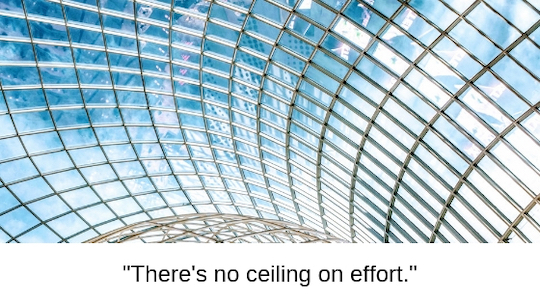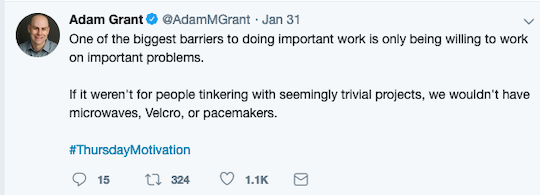“Muddy water let stand will clear.”
—Tao Te Ching, Classic Chinese Text

Image from Unsplash by Roopak Ravi
Is your mind muddy?
To what degree are your thoughts, emotions, and feelings stirred up by the rapid, moving waters of daily events?
At such times, it seems impossible to see even inches ahead, and we often can feel paralyzed or lost.
Today’s quote – a Chinese proverb – suggests we can all find greater clarity by slowing down and letting those muddy issues blocking our view settle out, so we can once again move forward.
Over the past two years I have instituted the daily practice of a 10-minute meditation, using an app called CALM. This resource continues to get better with additional tools, including their popular sleep stories to clear and settle one’s mind at bedtime.
EXERCISE:
Check out CALM at the website or at the app store. Please consider replying to this post with the mind-clearing strategies that work best for you.













